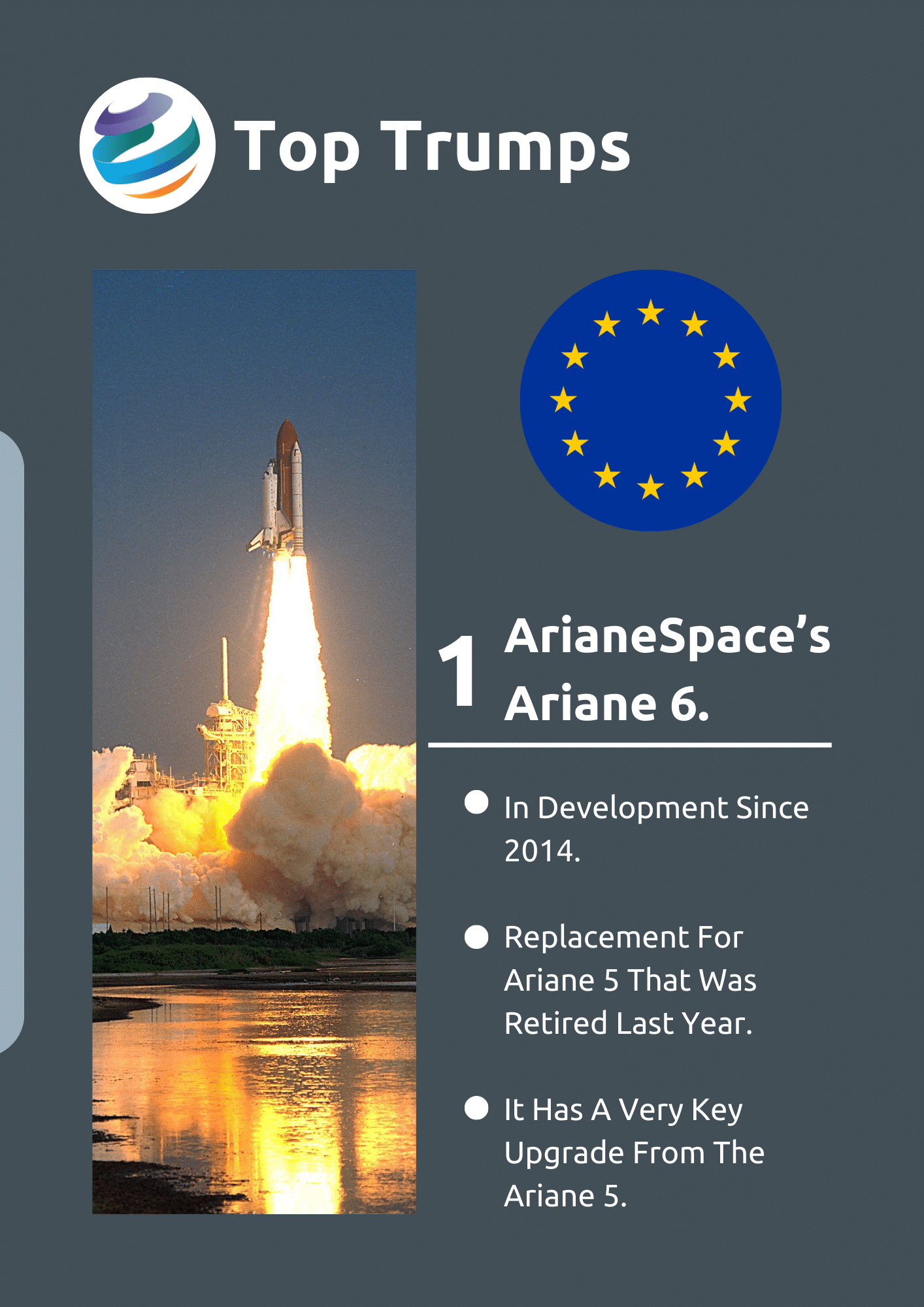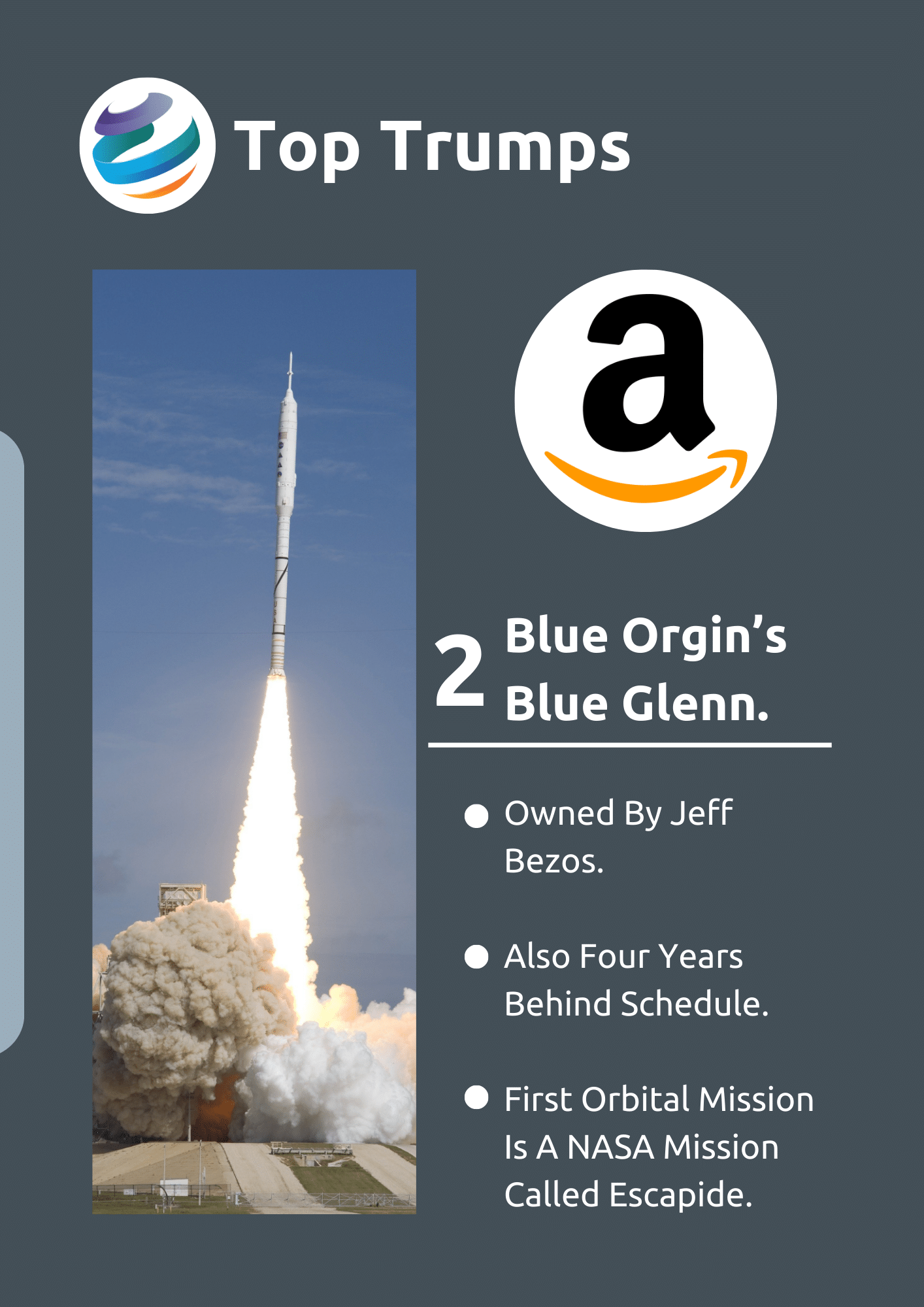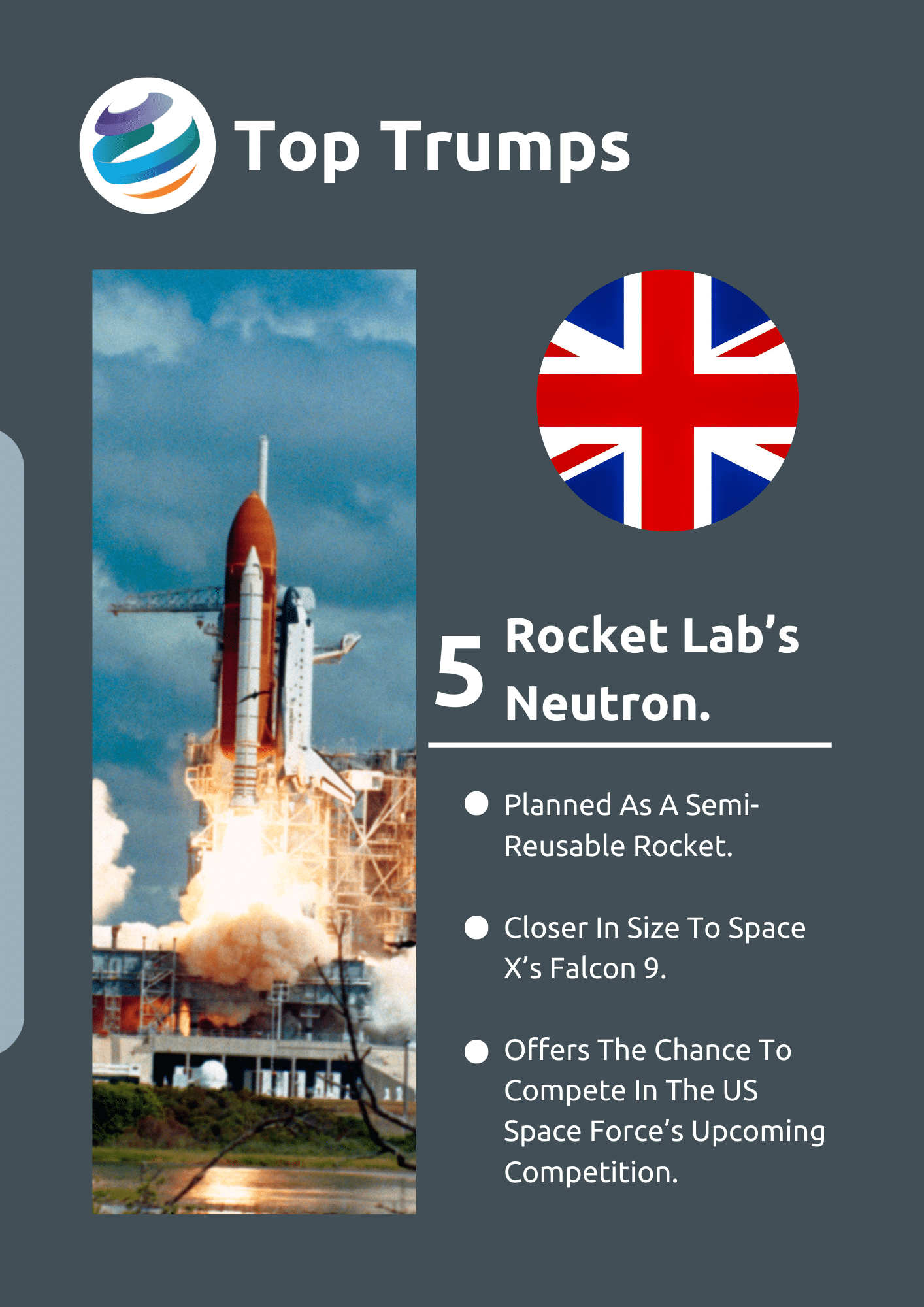Five new rockets launching in 2024
The past few years have seen several companies debut new launch vehicles in a race to offer more competitive access to space, including Japan’s H3, Relativity Space’s Terran 1, and ABL Space Systems’ RS1. 2024 is already continuing that trend, starting with United Launch Alliance’s Vulcan debut in January.
If schedules hold, this year could see even more new rockets take to space for the first time.
Here are five of the most anticipated new rockets of 2024.

1. Arianespace’s Ariane 6.
In development since 2014, Europe’s Ariane 6 rocket is four years behind schedule but is finally close to launching. The heavy-lift rocket is a replacement for the Ariane 5, which retired last July.
In addition to being cheaper, Ariane 6 has a key upgrade –
the auxiliary power unit – that enables multiple restarts of the upper-stage engine.
The European Space Agency is waiting on Ariane 6 to launch a slew of missions for space exploration, navigation, and other purposes. Amazon also plans to use the rocket to launch internet satellites for its Project Kuiper constellation.

2. Blue Origin’s New Glenn.
Like Europe’s Ariane 6, Blue Origin’s New Glenn is four years behind schedule but appears on track to reach orbit this year. The massive rocket is designed to carry 45 metric tons to low Earth orbit and boasts a
7-meter fairing, the largest in the industry.
Blue Origin released photos in January of New Glenn’s first and second stages
mated together, a key milestone ahead of launch. Owned by Jeff Bezos, Blue Origin also has a contract with Amazon to launch Kuiper internet satellites, but the company’s first orbital mission is a
NASA Mars mission called ESCAPADE. 3. Gilmour Space’s Eris.
Australia wasn’t always a hotbed for space startups, but the number has surged as the country invests more in home-grown space ventures. Leading the march to orbit is Gilmour Space with its Eris rocket.
The company aims to launch a Block 1 version of the rocket carrying 150 kg to a 500-kilometer equatorial orbit, then scaling to a 1,000-kilogram version by 2027. Gilmour Space also has plans for a rocket
capable of ferrying astronauts to space.
4. Isar Aerospace Spectrum.
Founded in 2018, Isar Aerospace has raised over $330 million – more money than any other European launch startup.
The venture-backed company, which counts Porsche among its investors, is focused on
vertical integration and automated production to make Spectrum a competitive rocket. Isar Aerospace plans to launch spectrum from the Andøya Spaceport in Norway.



